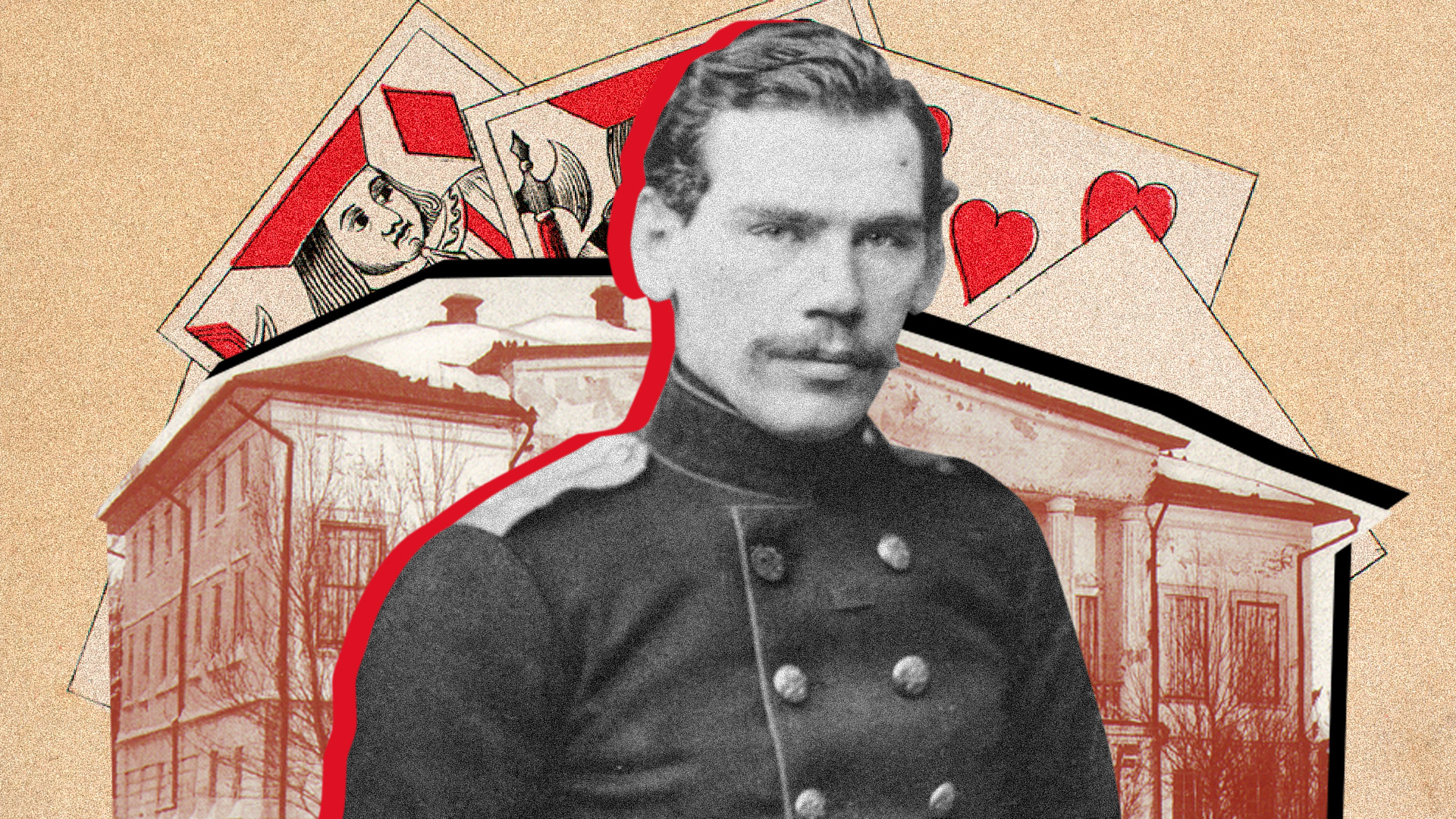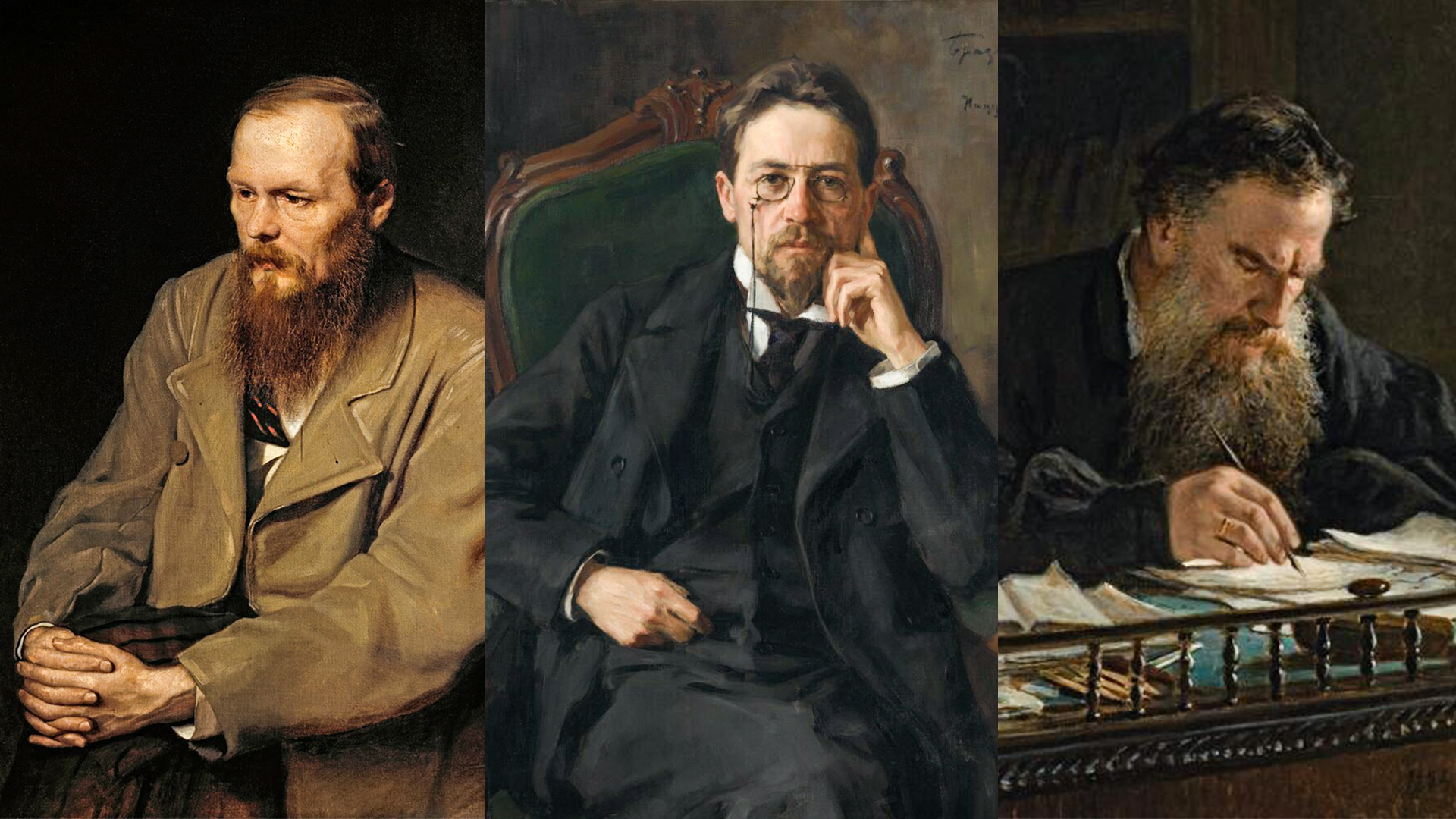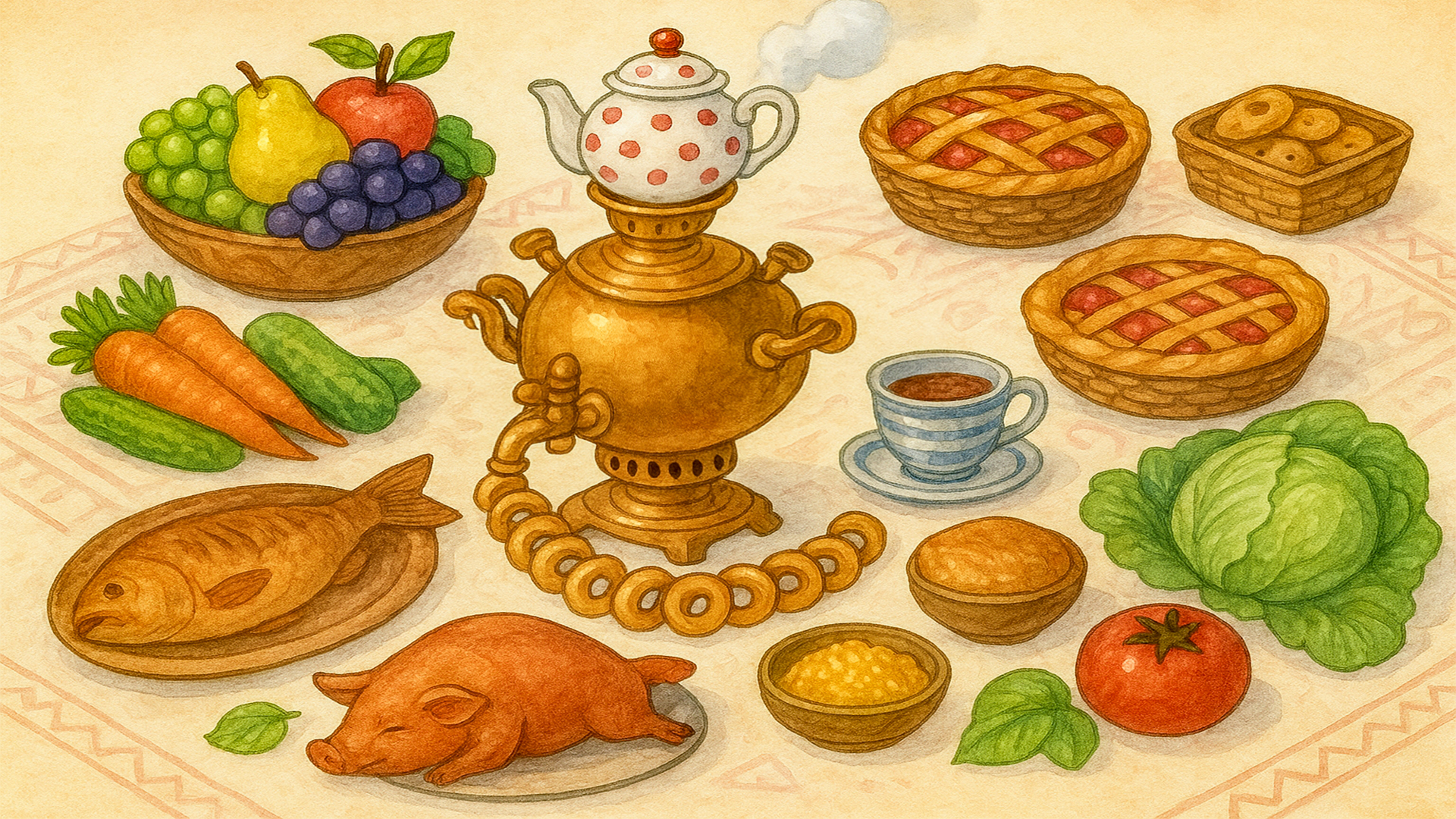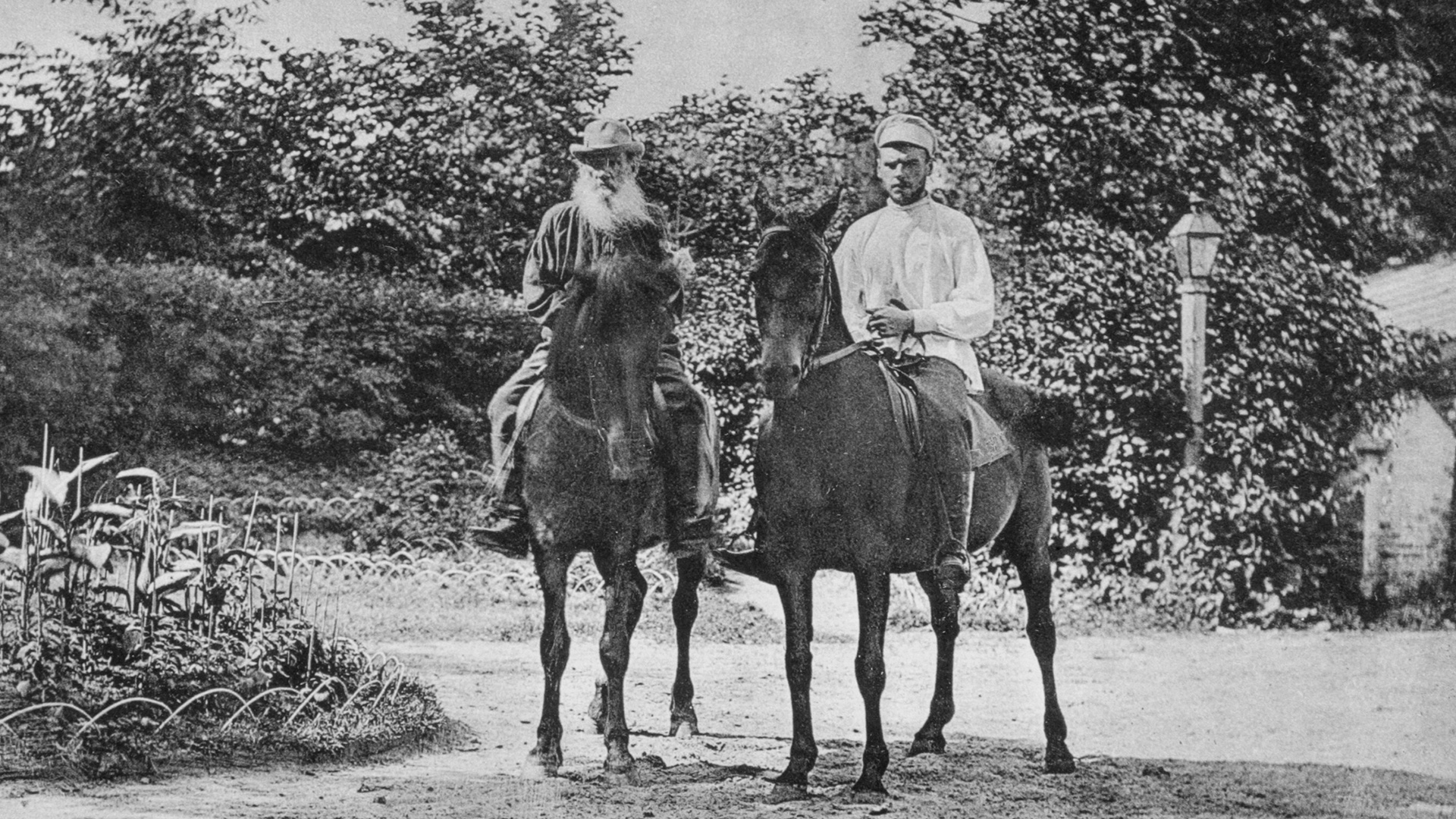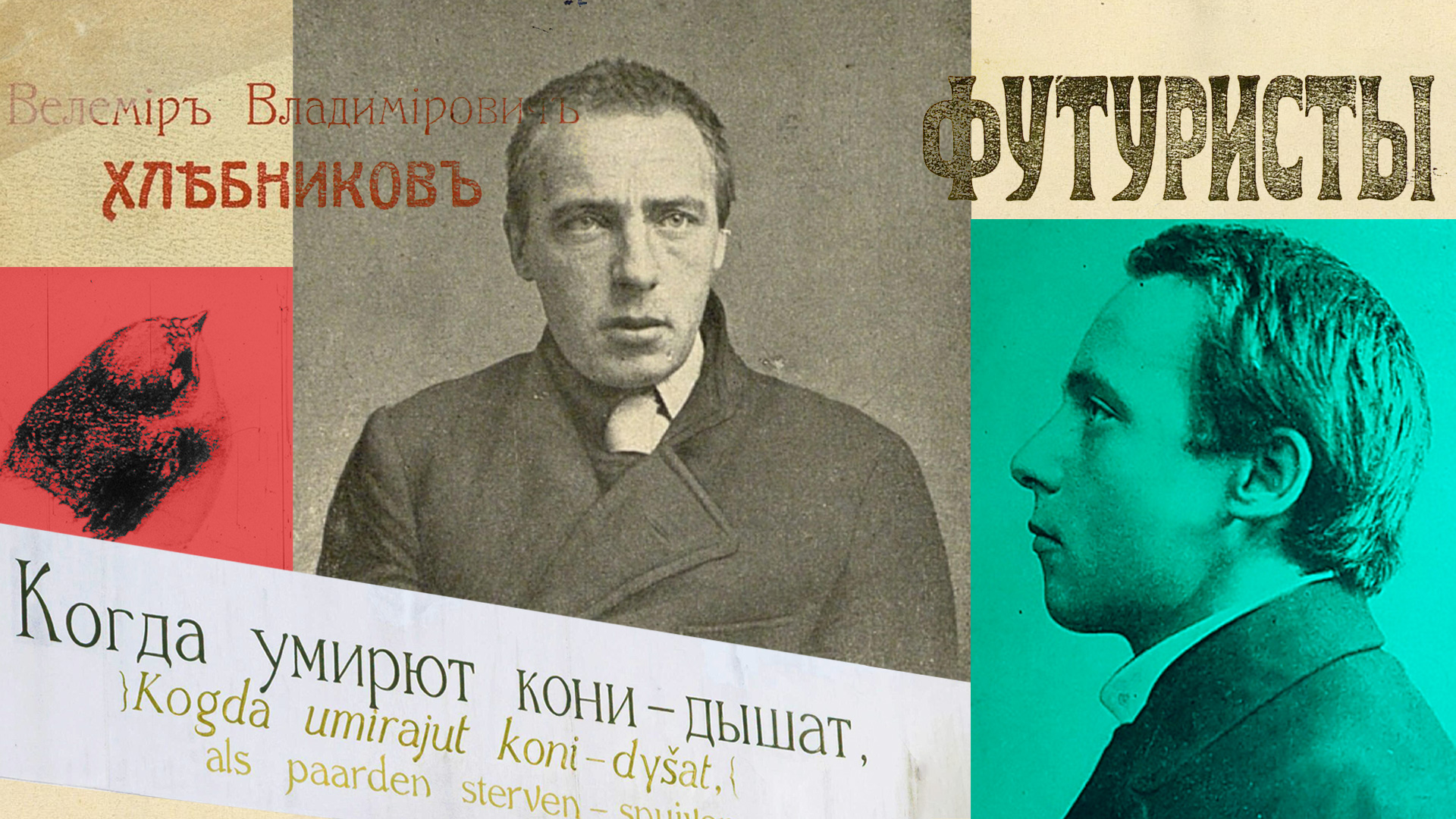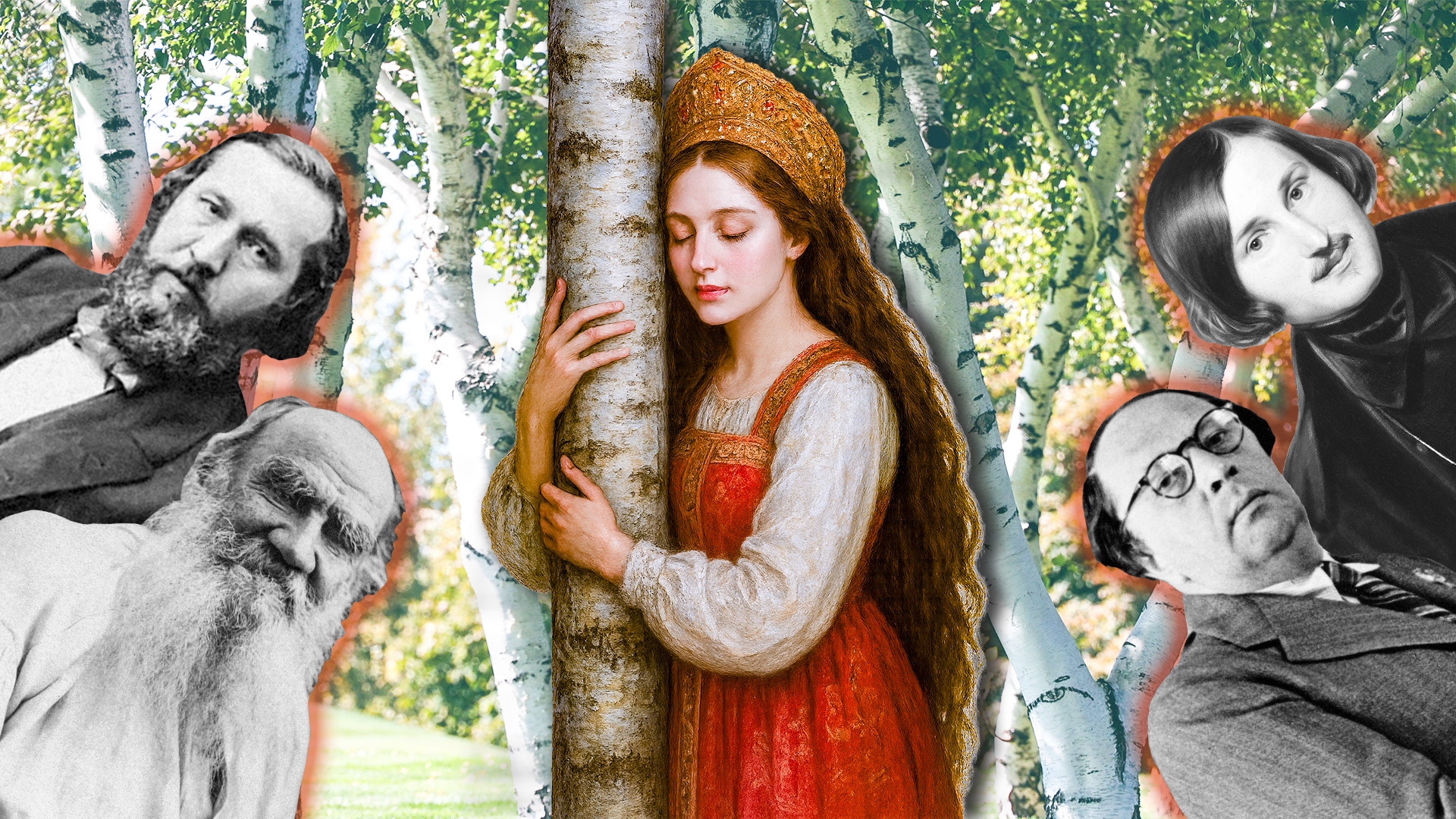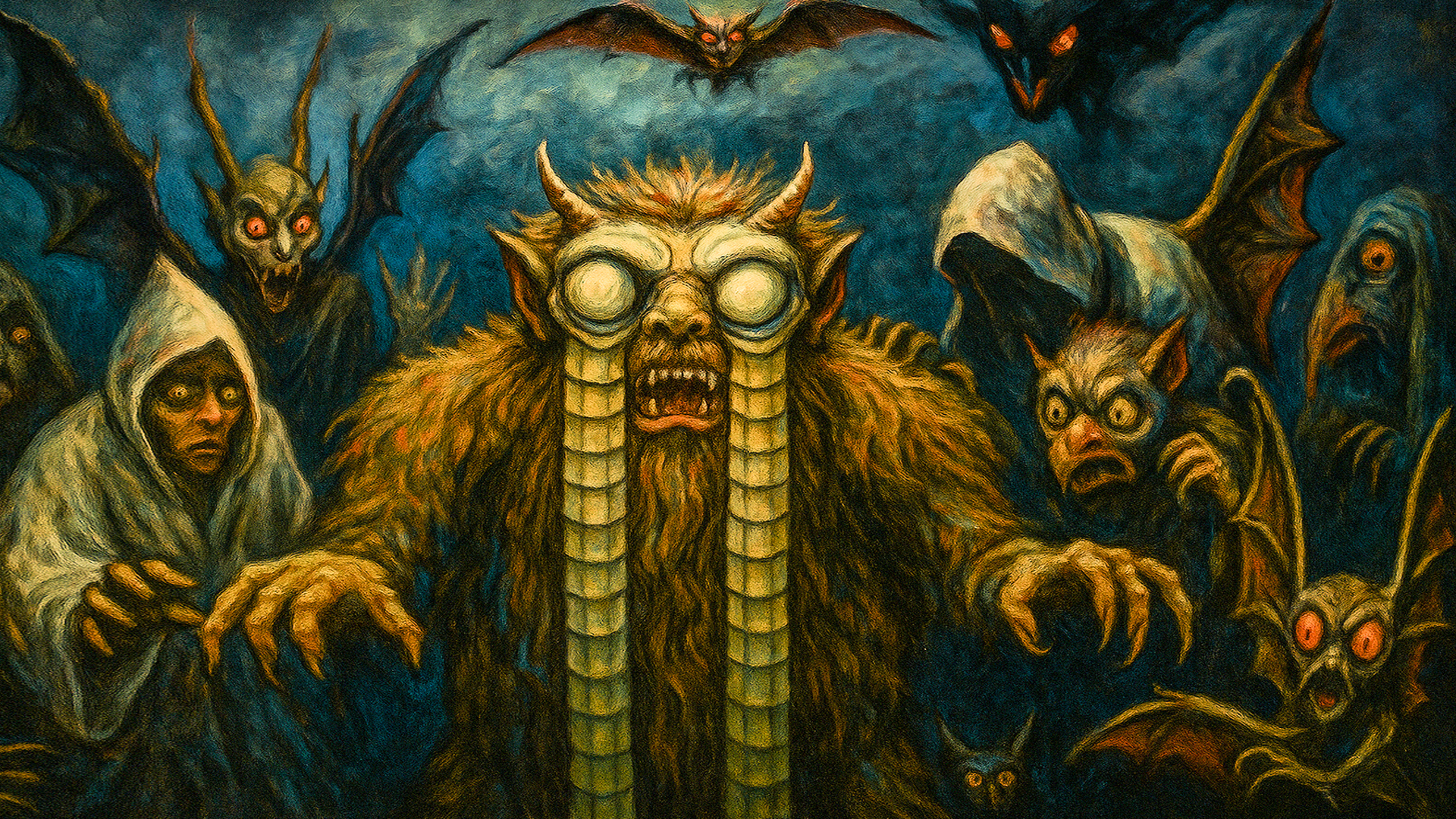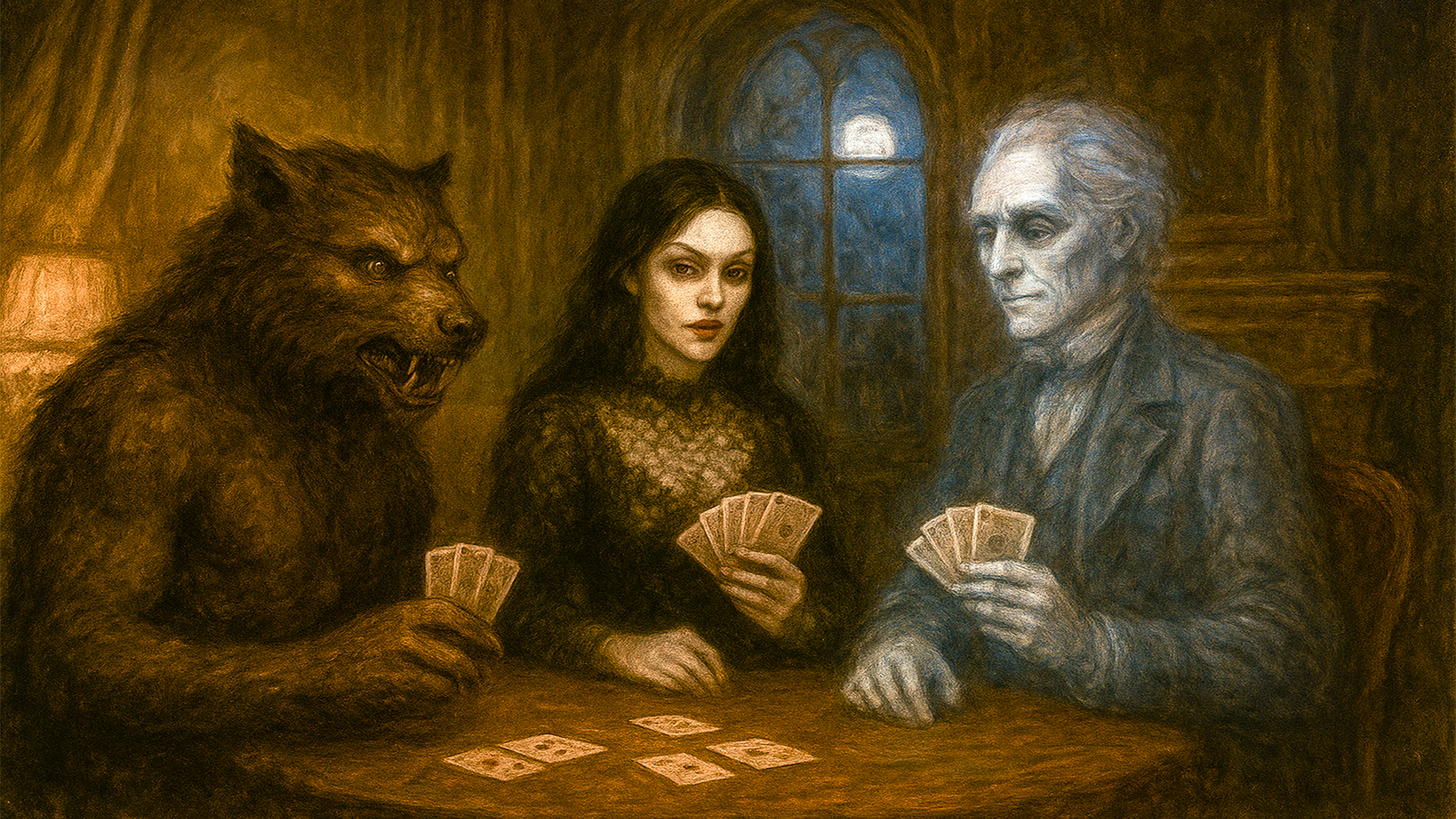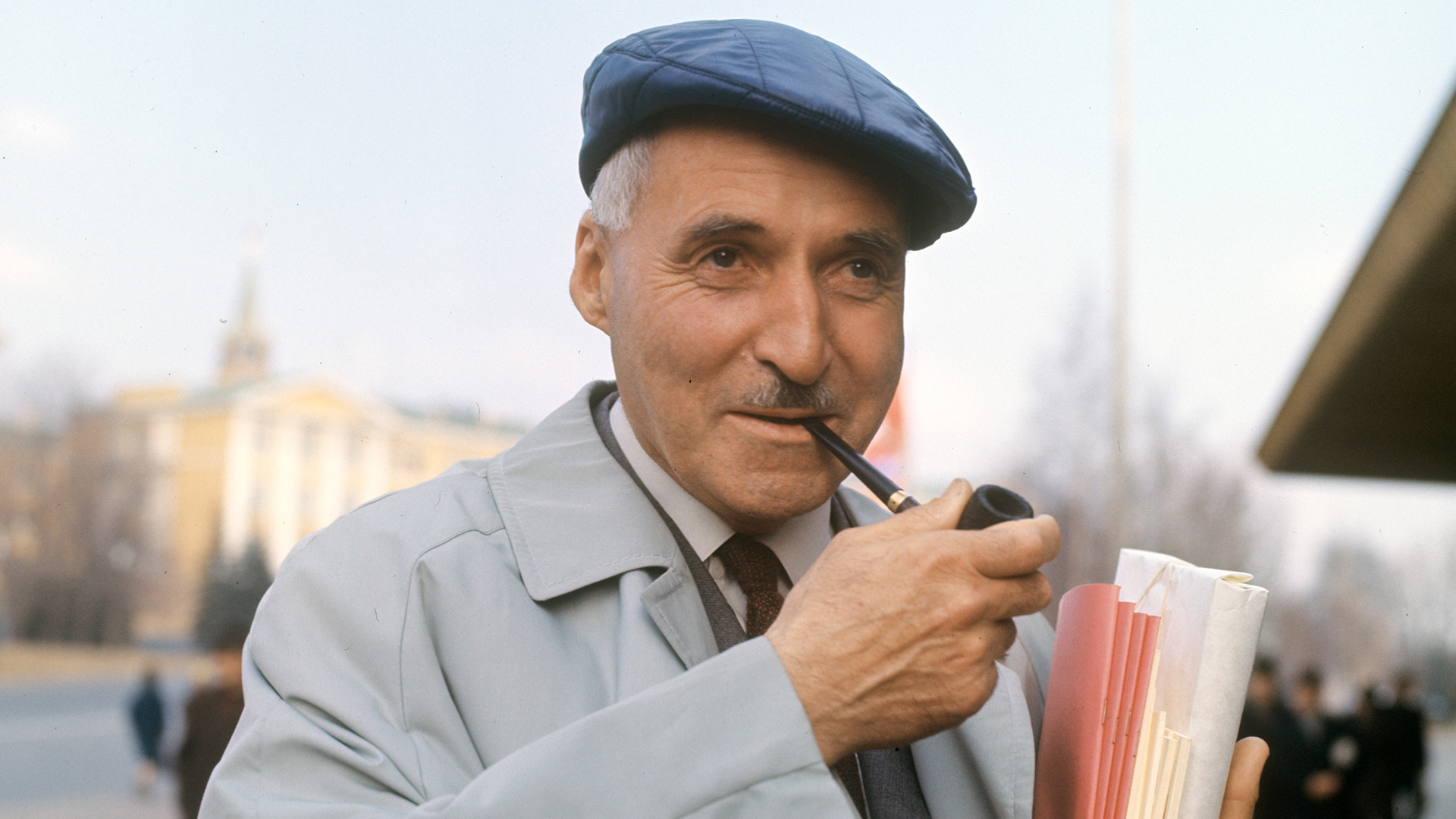
5 reasons you shouldn’t read Russian literature

1. Too depressive

Finding a book with a happy end in Russian literature is a challenge. Most of the famous novels don’t finish well. Or, even if there's a glimmer of hope in the end, most of the characters would have been dead or suffered a lot before that. And even true love never ends up being happy or easy.
Many books depict gloomy life or gloomy people in gloomy circumstances and sceneries. Dark city landscapes, poverty, people suffering from arbitrariness and ruthlessness of their bosses.
2. It's brutal & scary
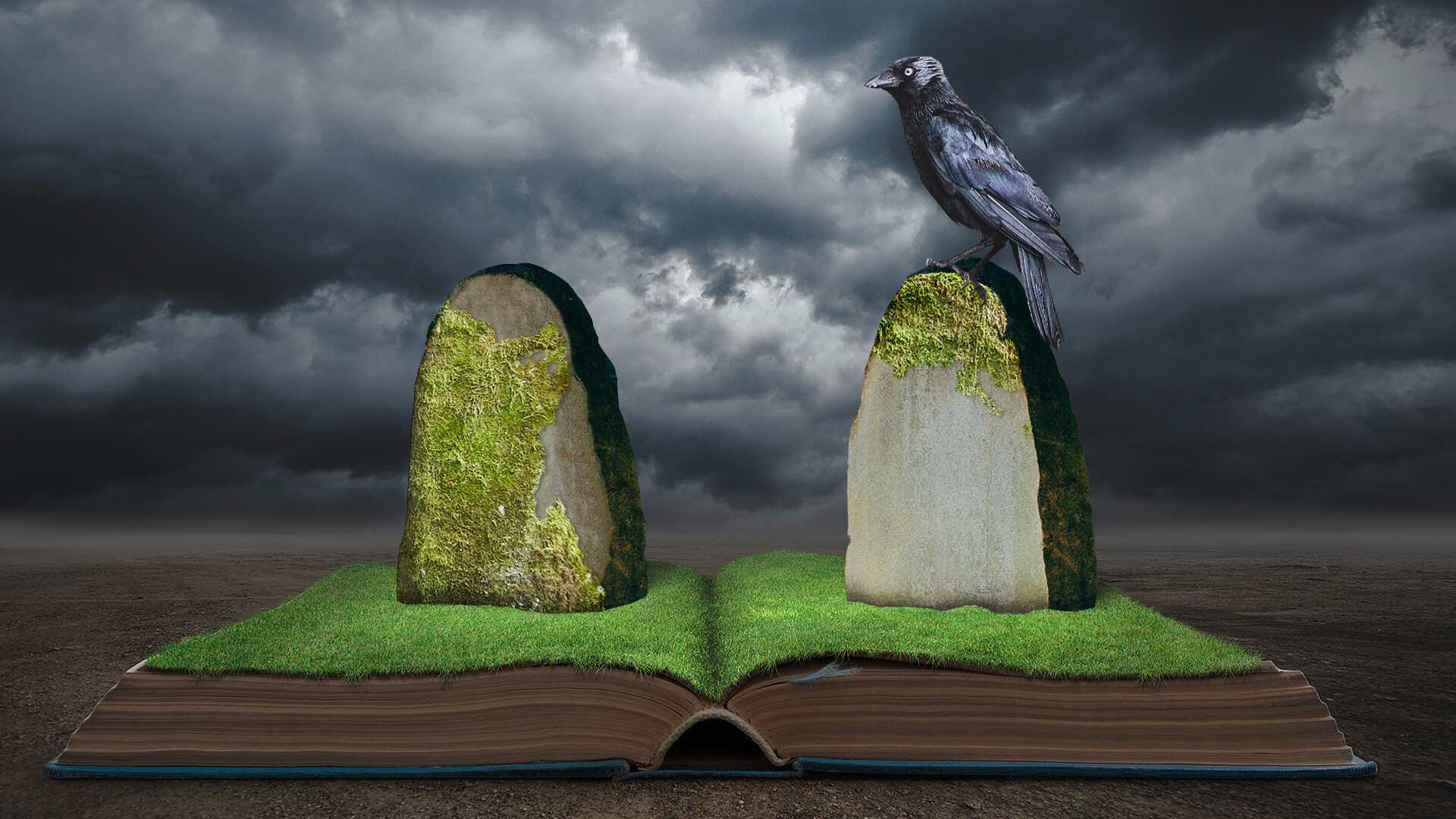
Recall any book of Russian literature that you’ve read… We bet there would be murder, physical violence and/or rape. A peasant kills his dog (Ivan Turgenev’s ‘Mumu’), a friend kills his friend in a duel because of a woman (Alexander Pushkin’s ‘Eugene Onegin’, Lermontov’s ‘Hero of Our Time’), a son kills his father (Fyodor Dostoevsky’s ‘Brothers Karamazov’), a wife kills her husband, father-in-law and even little nephew (Nikolai Leskov’s ‘Lady Macbeth of the Mtsensk District’). Not to mention multiple novels where people kill themselves…
It’s usually unjustified violence which has no limits and no sense. And a reader stays frustrated and stops believing in humanity, thinking that trait and aggression is everywhere on every corner.
While Nikolai Gogol revitalizes all unholy forces, populating his works with real evil, showing it’s everywhere around us. Scary!
3. It doesn't reflect modern worldviews

What should a woman reading ‘Anna Karenina’ learn? To sacrifice everything and herself for love? For decades, contemporary women have been taught feminism, equal rights and a need for self-realization. And how on earth should they feel after reading a classic piece about a woman who kills herself without finding peace in love?
Finally, 19th century Russian literature is sometimes very complicated to understand. Lots of realities of life just don’t exist anymore, both because it was long ago and because it was another country, the Russian Empire, destroyed by the Bolsheviks with all its details of noble and peasant life. A young rich man not working anywhere and being bored by social life, like Eugene Onegin, is not possible to imagine in the 20th century, let alone the 21st…
4. It will make you overthink things & feel guilty

Overthinking and anxiety are some of the main problems of our generation which bring people to psychologists. And Russian literature gives nothing but coal to the fire of these feelings!
Characters don’t think about how to arrange their life better, don’t think much about making money or building a family. No, they think about how this world spins and their role in this spinning. Poor student Rodion Raskolnikov from ‘Crime and Punishment’ only cares if he has a voice in this world. And he struggles with the fact he is not someone who makes big decisions. And to prove himself he has a right to change something… he kills an old lady! (see p. 2 again).
Some novels, meanwhile, are just overwhelmed with moralizing, honor and dignity issues, as well as Orthodox Christian traditional view of life. Tolstoy suggests you to give up sex and entertainment and to devote yourself to serving other people and caring about their sins and needs. And he considers any marriage to be a deceitful contract between two lustful people.
Finally, they say you have to think about others more than about yourself, they blame you for being lazy (as Ivan Goncharov’s ‘Oblomov’) or for having weaknesses (for instance, gamblers in the works of Alexander Pushkin and Fyodor Dostoevsky).
5. Sometimes, it’s just plain boring…

In Russia, people joke that school girls reading ‘War and Peace’ flip through the war scenes, while school boys skip the depictions of balls and Natasha Rostova’s dreams about love. Sometimes (and that’s not only Leo Tolstoy’s trait), Russian authors are just too wordy. They chew the same notions and thoughts multiple times in many different words. What could be said in simple short phrases, turns into chapters. And their description of nature that lasts for pages!
A modern social media user is no longer able to absorb such long texts and so much information, which has no practical use.




